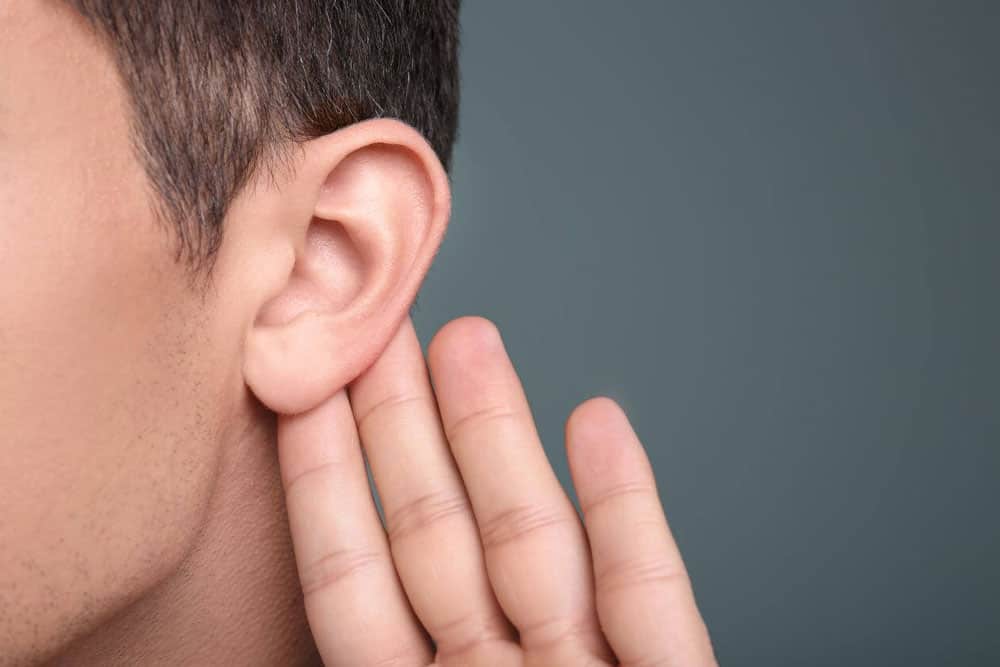Hearing is a remarkable sense that connects us to the living world around us. connects and allows us to engage in conversations, enjoy music, and enjoy the sounds of nature. However, in the hustle and bustle of modern life, hearing loss has become a growing concern. Although technological advances in hearing aids have been exceptional, there are natural ways to support and maintain healthy hearing. In this comprehensive guide, we delve deeper into practical and effective strategies to improve and preserve your hearing.
Protect your ears from loud noises
Noise-induced hearing loss is a common and preventable form of hearing impairment. Long-term exposure to loud noises such as concerts, sporting events or noisy machinery can damage the delicate structures in the inner ear. To protect your hearing, invest in high-quality hearing protection such as earplugs or earmuffs when you attend loud events or work in noisy environments. By reducing your exposure to harmful noise, you can significantly reduce the risk of hearing loss.
Welcome a diet rich in nutrients
The food we eat plays a critical role in supporting overall health, including hearing. A balanced diet rich in essential nutrients can contribute to better hearing health. Antioxidants found in fruits and vegetables such as carrots, spinach and blueberries can help protect hearing nerves from oxidative stress. In addition, foods high in omega-3 fatty acids, such as salmon and walnuts, may also promote healthy hearing. Consider including these nutrient-rich foods in your daily meals to help support your hearing.
Regular exercise for hearing health
Physical activity not only has a positive effect on your cardiovascular system, but also influences your hearing health. Regular exercise improves blood flow and ensures that important nutrients and oxygen reach the inner ear. This improved blood flow promotes the health of the delicate hair cells in the cochlea, which are important for transmitting sound signals to the brain. So, get moving and prioritize exercise as part of your daily routine.
Stop smoking to hear better
Smoking is harmful to various aspects of health, and hearing is no exception. Smoking can reduce blood flow to the ears, increasing the risk of hearing loss. In addition, exposure to harmful chemicals in cigarette smoke can damage the hearing nerves. By quitting smoking, you not only protect your lungs, but also your hearing and overall health.
Minimize the accumulation of earwax
Earwax, or cerumen, is a natural substance that acts as a protective barrier, protecting the ear canal from dust, dirt and foreign objects. However, excessive buildup of earwax can cause hearing difficulties and discomfort. Avoid using cotton swabs, as they can push earwax deeper into the ear canal and cause complications. Instead, consult a medical professional for safe and effective earwax removal. Regular cleaning will ensure that your ears are functioning optimally.
Limit the use of headphones
The convenience of headphones has revolutionized the way we listen to music and other audio content. However, long-term and excessive use of these devices at high volumes can cause hearing damage. Consider purchasing noise-canceling headphones or over-ear headphones that allow you to enjoy your favorite music at lower volumes and still experience high-quality sound. Also, take regular breaks to give your ears a break from continuous acoustic stimulation.
Prioritize regular hearing tests
The early detection of hearing problems is critical to maintaining hearing health. Schedule regular hearing tests with a qualified audiologist to monitor your hearing and identify potential problems. Timely intervention can prevent further deterioration and allow for appropriate treatment or hearing aids if needed.
Hearing is a priceless sense that enriches our lives in countless ways. By adopting these natural ways to improve and preserve your hearing, you can protect this precious sense and enjoy a better quality of life. Incorporate these practices into your daily routine to support your long-term hearing health and well-being. Remember that preserving your hearing is an ongoing journey
